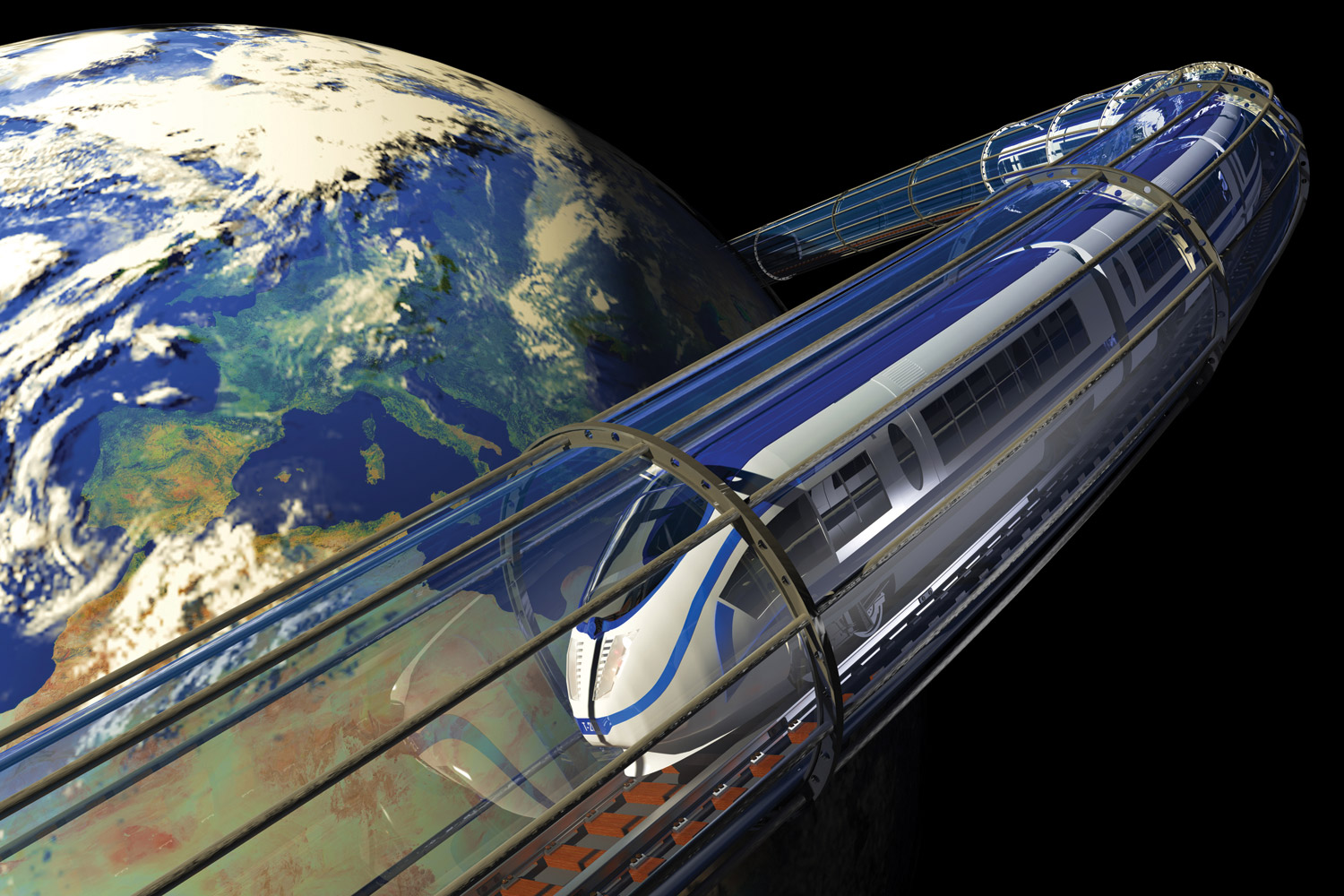Humanity has always been fascinated by the vastness of space, gazing up at the stars and dreaming of exploring the great unknown. Until recently, space travel was limited to a select few highly trained astronauts. However, with advancements in technology and the emergence of private space companies, the possibility of space tourism is becoming a reality. Space tourism holds the promise of offering an entirely new and awe-inspiring experience for adventurous travelers. In this article, we will delve into the concept of space tourism, its current state, and the potential it holds for the future of travel.
The Emergence of Space Tourism:
Space tourism, in its essence, involves the commercialization of space travel, allowing private individuals to journey beyond the Earth’s atmosphere and experience the wonders of space. While space exploration has traditionally been the domain of government-funded space agencies, the entry of private companies like SpaceX, Blue Origin, and Virgin Galactic has opened up a new era of space travel.
Current State of Space Tourism:
At present, space tourism remains in its infancy, with limited opportunities available for those who can afford the hefty price tag. Companies like Virgin Galactic and Blue Origin have been at the forefront of this emerging industry, offering suborbital flights that provide passengers with a taste of space travel.
Virgin Galactic’s SpaceShipTwo, for instance, is designed to carry six passengers and two pilots. After being launched from a carrier aircraft, SpaceShipTwo ascends to an altitude of approximately 100 kilometers, known as the Kármán line, which is considered the boundary of space. Passengers aboard SpaceShipTwo experience a few minutes of weightlessness and witness the breathtaking view of Earth from above before gliding back to the ground.
Similarly, Blue Origin’s New Shepard spacecraft aims to offer suborbital flights, taking passengers to a height of more than 100 kilometers. The spacecraft is equipped with large windows, providing passengers with panoramic views of Earth during their brief journey to space.
Challenges and Safety Considerations:
As with any new form of travel, space tourism comes with its fair share of challenges. Safety is of paramount importance, given the inherently risky nature of space travel. Companies like Virgin Galactic and Blue Origin have emphasized rigorous testing and safety protocols to ensure the well-being of their passengers. However, accidents and mishaps, such as the tragic Virgin Galactic SpaceShipTwo test flight in 2014, serve as reminders of the risks involved.
In addition to safety concerns, the environmental impact of space tourism is also a topic of discussion. The carbon footprint of space travel is significant, with rocket launches contributing to greenhouse gas emissions and space debris posing a threat to the sustainability of space exploration. Addressing these environmental concerns will be crucial as the industry expands.
The Future of Space Tourism:
Despite the challenges, the future of space tourism appears promising. As technology advances and costs decrease, the accessibility of space travel is likely to improve. Companies like SpaceX have already set their sights on more ambitious goals, with plans to send civilians on journeys beyond Earth’s orbit. SpaceX’s Inspiration4 mission in 2021, which sent four civilians into orbit for several days, marked a significant milestone in the democratization of space travel.
Moreover, collaborations between private companies and space agencies like NASA are becoming more common. NASA has been actively working with private partners to develop commercial capabilities for space travel, with the goal of eventually using these services for scientific research and exploration missions.
Space tourism also has the potential to drive innovation and inspire scientific advancements. The technological advancements required to make space tourism a reality have numerous applications beyond tourism itself. From materials science to life support systems and propulsion technologies, the development of space tourism has the potential to benefit a wide range of industries and push the boundaries of human knowledge.
Conclusion:
Space tourism represents an exciting glimpse into the future of travel, offering a unique and awe-inspiring experience for those willing to venture beyond Earth’s boundaries. While still in its early stages, the industry is gradually evolving, with companies like Virgin Galactic and Blue Origin paving the way. Challenges related to safety and environmental impact must be addressed, but the potential rewards are immense.
As technology continues to progress, space tourism may become more accessible, allowing more people to realize their dreams of experiencing the wonders of space. Furthermore, the development of space tourism is likely to spur innovation and contribute to scientific advancements that extend far beyond the realm of tourism.
While it may be some time before space tourism becomes as commonplace as air travel, the future holds great promise. As the boundaries of exploration expand, space tourism will undoubtedly play a significant role in shaping the future of travel and our understanding of the universe.



